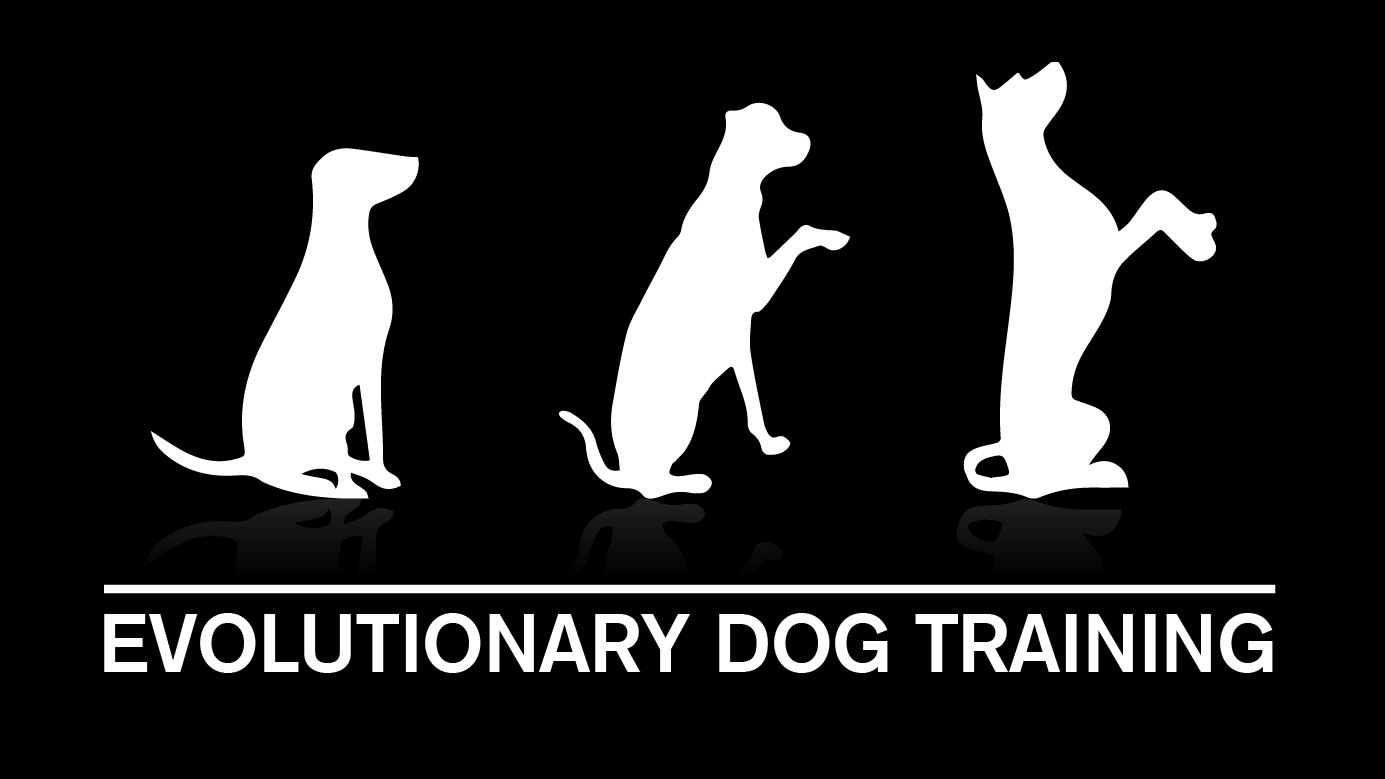For most pet parents, taking their pooch on a walk is a relaxing and enjoyable experience; a chance to further connect with their companion. However, for some it’s the most dreaded part of their day! For those with dogs who are leash reactive, walks are stressful and short, sometimes at awkward times in the day just to make sure conflicts are avoided. Leash reactivity is more common of a problem than most people think, but what exactly is it?
Leash reactivity, or sometimes referred to as ‘leash aggression’ is exactly what it sounds like. Dogs who are on leash become aggressive towards other dogs or people, but why? Some dogs are afraid, or maybe had a bad experience with another dog in a similar situation, they weren’t socialized properly when they were puppies, sometimes they’re just very eager to meet another dog and come off too strong, the list goes on. The big reason, at least on walks, is not being able to greet each other properly. Picture two dogs in an off leash scenario, how do they come up to each other? Most come in at an arc (rainbow shape), loose bodies and soft eyes. They sniff each other’s faces then rear ends and carry on. Now picture two dogs meeting on a side walk, on leash coming head to head. There’s no room and usually no time for a friendly greeting, and almost always direct eye contact is forced which is seen as a threat, tugging and pulling to meet each other grouped with the apprehension and stress of the owners-one or both dogs react in a less than desirable manner.
There are many things that can be done to remedy leash reactivity, some suggest the use of a head halter or doggles (goggles for dogs!), choice training; there’s an entire laundry list of things to try. What’s most suggested is consulting with a trainer (CPDT), behaviorist (CAAB), or vet behaviorist (Dip ACVB) that has had experience with fear and aggression in dogs, and uses force free or positive reinforcement training methods. Not only will they train your dog, but they will train you as well to make sure everything remains consistent during and after their time with you. Some of that of course falls on you, you have to keep working on the training or it will not work!
Know the signs, do your research, find what works for you and stick to it, you’ll see a huge change in your companion sooner than you think!
We can help you with your reactive dog. We offer group reactive dog training classes and we have experienced, certified trainers who can work with you to deal with your dog’s behavior concerns including leash aggression towards other dogs and people. Contact training@applauseyourpaws.com to learn more our classes.

